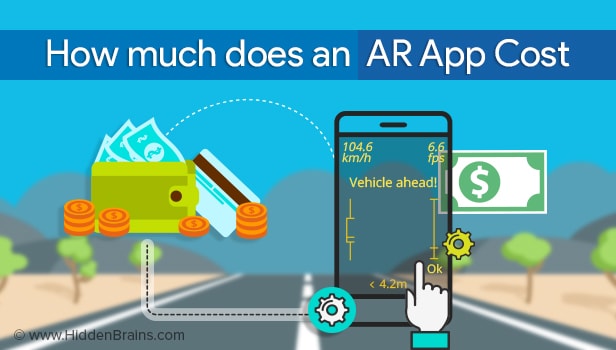CodeIgniter has been around since 2006. In the meantime (2013), CodeIgniter has been the most popular PHP project on GitHub and is still very popular. After the original author, EllisLab searched for a successor to the CodeIgniter development public in July 2013, and the development stagnated somewhat, this had an impact on the popularity and raised some similar doubts about the future of the project.
In October 2014, further progress was announced by the British Columbia Institute of Technology. Shortly after that came version 3. The event is currently not going particularly fast, but is still progressing steadily. Version 4 is under development; an alpha version has already been released.
The application flow of the PHP framework
CodeIgniter is based on a URL concept. This means that the controller, as the central control unit between the view and model, is addressed by entering a URL in the search bar. For this purpose, developers create controller classes. PHP files contain various functions for loading libraries, extensions (plugins) or helper classes (helper), establishing connections to databases, integrating a data model, or searching for a specific view.
The application flow of CodeIgniter is based on the following basic URL scheme:
example.com/class/function/parameter
The domain ( example.com ) is followed by a controller class that is to be addressed and a specific controller function. Optional parameters conclude. These are used to transfer IDs or variables to the selected controller.
In practice, a CodeIgniter URL might look like this:
example.com/news/article/511
Such a URL speaks the controller news on the domain example. Com and causes it to execute the article function (for example, to load a view of the same name for the article view). Optional parameters that are passed to the controller with the URL indicate which content is to be retrieved from the database via the data model - in this example, an article with the ID 511.
In the initial configuration, CodeIgniter lists index.php in each application URL:
example.com/index.php/news/article/511
This PHP file contains information about where the core files of the framework and integrated libraries, extensions, or helper classes are located and in which directory the application files are located. The index.php thus serves to initialize all necessary resources.
Even if there are newer and currently more popular frameworks like Laravel, CodeIgniter still has its reason for being in addition to the tons of existing websites.
1.It is relatively simple and requires hardly any configuration: the framework only has a short training period and, above all, very little or no configuration is required. The well-thought-out routing also works without significant upstream settings.
2.It leaves room for maneuver: CodeIgniter implements the MVC architecture style, but in a preferably free interpretation. This means that it makes relatively few restrictive specifications and leaves the developer his or her creative freedom. Admittedly, the curse and blessing can be the same. Positive from my point of view: This will allow an individual developer to develop their style, make "mistakes," and ultimately learn.
3.Reliable and well documented: Working with CodeIgniter is relatively frustration-free; the online and code documentation is excellent, security-relevant bug fixes come quickly, and the community of developers is still relatively large. From my perspective, the further development of the BCIT in version 3 has made the framework significantly more mature than the previous versions. It has also reduced some of the backlog to more current frameworks.
Conclusion
What you need in the end is what matters the most. If you want a framework to be lightweight and fast, Codeigniter fulfills these requirements. And that's good. Ultimately, there will be no framework, only the right framework for the condition. In particular, if you don't need too extensive libraries, trusting a Codeigniter development company with your project is a reliable solution.
Read Also




0 comments:
Post a Comment